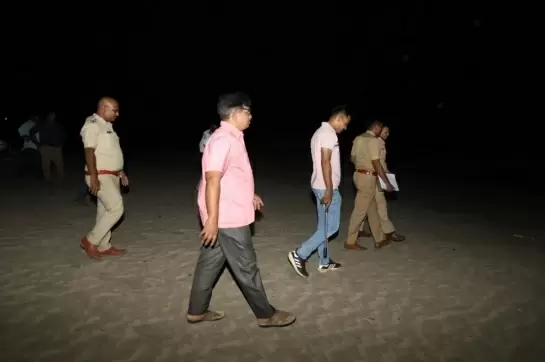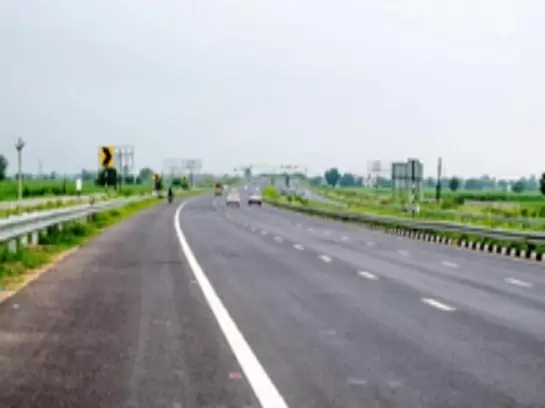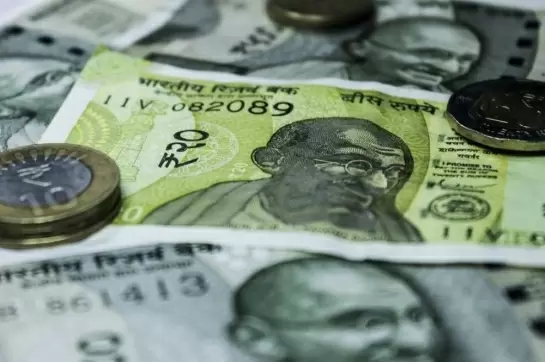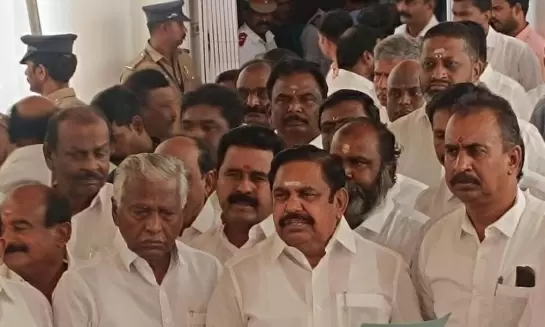Of bullock cart protests, fuel prices, pricing formula and TN parties
Chennai
28-November-2021
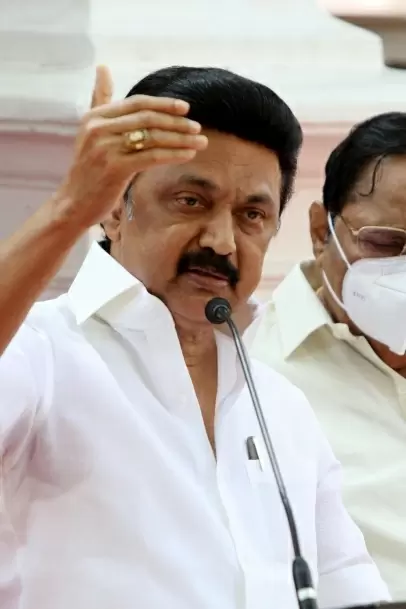
PHOTO: IANS
The BJP in Tamil Nadu, which was once on the defensive over high petrol and diesel prices, has now turned offensive against the state government led by Chief Minister M.K. Stalin.
Curiously, it could be said that former Prime Minister and BJP leader late Atal Bihari Vajpayee was the pioneer in riding a bullock cart as a means of protest against high fuel prices.
In 1973, he rode to the Parliament on a bullock cart when petrol prices were raised by seven paise by the then Congress government.
Since then, several parties have used this protest tactic, including the Congress in Karnataka and the BJP in Tamil Nadu.
If automotive engine power is measured in horse power, the protest against fuel price hike should be measured in bull power!
Be that as it may, the Tamil Nadu BJP under its new President K. Annamalai has been taking on the DMK government on various aspects and the latest is against its decision not to reduce VAT on auto fuel prices.
Watch This TWL Video
Opposition parties in the state, the AIADMK and its allies like the BJP, have been citing DMK's poll promise of reducing petrol price by Rs 5/litre and that of diesel by Rs 4/litre, and its failure to implement the same.
While in opposition, the DMK and its allies had strongly protested against the Central government for fuel price hikes.
There used to be lots of memes on social media against the BJP-led Central government over fuel prices.
Curiously, all those memes have stopped after the Central government cut the excise duty on petrol and diesel and the state government's refusal to slash VAT.
Tamil Nadu Finance Minister Palanivel Thiaga Rajan has categorically ruled out reduction in state taxes on the two fuels until the Union government rolls back its taxes to 2014 levels.
Rajan said that reduction in tax rates would reduce the state's revenue by about Rs 1,050 crore.
He also recalled that the reduction of Rs 3/litre on petrol on August 13, 2021 by the Tamil Nadu government would result in a revenue loss of Rs 1,160 crore per annum.
According to Rajan, with the Central government's high taxes, it is neither fair, nor feasible for the state government to further reduce its taxes.
"I reiterate that the sole, simple and fair approach to improve the situation for all is for the Union government to reduce the levy of taxes on petrol and diesel to the rates prevailing in 2014. Such a move will automatically reduce states' taxation (as almost all states follow ad-valorem taxation)," Rajan said.
The Union government has repeatedly increased the levy of tax on petrol and diesel over the last seven years.
According to Rajan, on August 1, 2014, the basic price of petrol and diesel and the global import prices were in line with the current import prices in rupee terms.
On August 1, 2014, the basic price was Rs 48.55 per litre for petrol and Rs 47.27 per litre for diesel.
On November 4, 2021, the basic price of petrol was Rs 48.36 per litre while that of diesel was Rs 49.69 per litre.
On August 1, 2014, the central taxes were Rs 9.48 per litre on petrol and Rs 3.57 per litre on diesel. At that time, the Tamil Nadu government's taxes were Rs 15.47 per litre on petrol and Rs 10.23 per litre on diesel, Rajan said.
"Since Tamil Nadu levies 'ad valorem' taxes after Union taxes, this move by the Union will cause an additional reduction in the pump price of petrol by Rs 0.65 (total of Rs 5.65), and diesel by Rs 1.10 (total of Rs 11.10) in Tamil Nadu, and will result in a loss of about Rs 1,050 crore in revenue to the state annually," Rajan said.
On bringing petrol and diesel under the Goods and Services Tax (GST) regime, Rajan had earlier said that it can be done provided the Central government scraps the cess and surcharge levied on them.
The PMK too has been demanding the Central government to reduce the tax levels in line with the fall in crude prices in the international markets.
On the other hand, late AIADMK Chief Minister J. Jayalalithaa was a strong advocate of the Central government changing the fuel pricing formula.
Jayalalithaa had argued that the fuel rates should be determined based on import costs and refining charges and rates of domestic crude oil and the refining charges for the same, instead of basing it on the Trade Parity Price. -IANS
More Headlines
AI Cybersecurity Startup Neural Defend Raises $600K in Pre-Seed Round
Chennai Doctor and Family Found Dead Amid ₹5 Crore Business Loss
Karnataka Withdraws CID Probe in Ranya Rao Gold Smuggling Case
New Kerala Guv Strikes Cordial Tone, Hosts CM Vijayan And FM Sitharaman In Delhi
Digital Payments Surge in India: 18,120 Crore Transactions in FY24-25
AI Cybersecurity Startup Neural Defend Raises $600K in Pre-Seed Round
Chennai Doctor and Family Found Dead Amid ₹5 Crore Business Loss
Karnataka Withdraws CID Probe in Ranya Rao Gold Smuggling Case
New Kerala Guv Strikes Cordial Tone, Hosts CM Vijayan And FM Sitharaman In Delhi
Digital Payments Surge in India: 18,120 Crore Transactions in FY24-25







